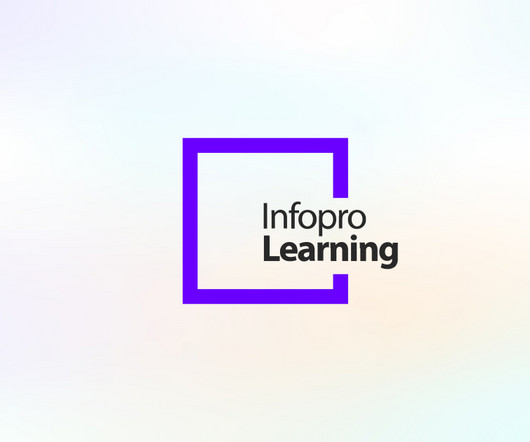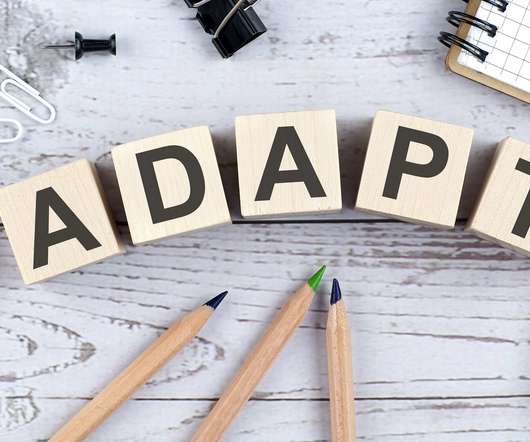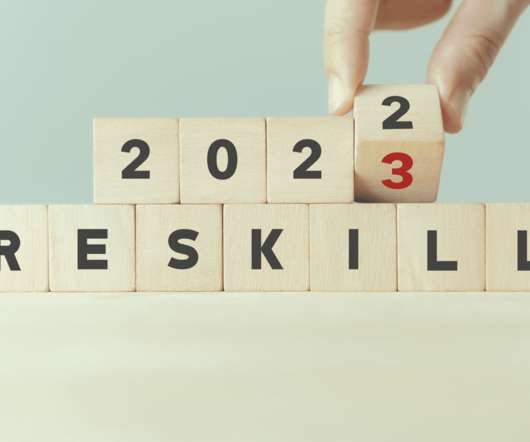Organizational learning
Ed App
OCTOBER 20, 2020
Employees and the knowledge they have are the most important means by which a company can create a competitive advantage. The concept of a learning organization has recently become a popular way of softly changing an organization. Organizational learning is important for innovation and is a bridge between work and creativity.














































Let's personalize your content